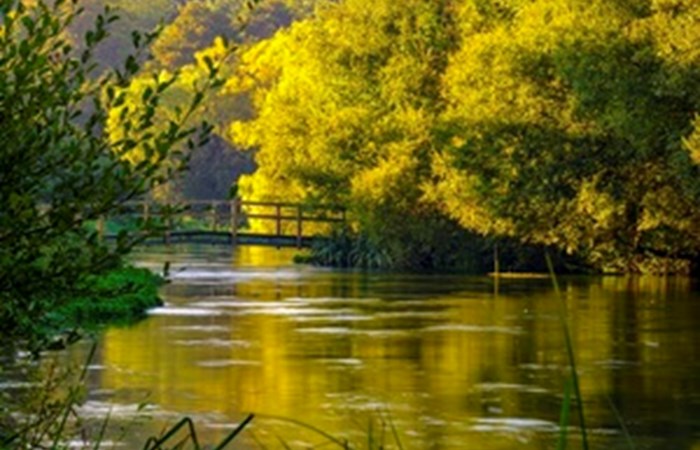Environment Agency

Achieving clean and plentiful water is easy to say but hard to do, Sir James Bevan said in a speech today (Tuesday 21 February), entitled Reflections on water: the good, the bad and the future.
He has reiterated that just because it is hard it does not mean that we cant get there, with success requiring everyone to play a part.
It was Sir James final speech on the water environment as Environment Agency Chief Executive, a role he has held for seven years. He will be stepping down as Chief Executive at the end of March.
Sir James highlighted the facts behind improvements in water quality over the last few decades, including:
- Sewage treatment works now discharge 67% less phosphorus and 79% less ammonia into rivers.
- An increase in the number of salmon and macroinvertebrates (such as snails, worms and insects) in rivers, an indicator of improving river health. Otters have also returned to every English county.
- 72% of beaches and inland bathing waters met the Excellent standard in 2022, the highest since new stringent standards were introduced in 2015. The number of bathing waters classified as good or excellent has also increased to 92.8%. In the early 1990s, just 28% of bathing waters met the highest standards in force at that time.
Sir James clearly sets out how and why the quality of our waters has flatlined, with industrial and agricultural pollution from sewage spills and leaky slurry tanks, climate change, and growing human populations among the biggest challenges.
Sir James said:
Just because its hard doesnt mean we cant get there. Success will require everyone, and I mean literally everyone, to play their part.
In tackling the problem, we need to start by recognising another deceptively simple truth, which is that the people responsible for the pollution in our rivers are the people who pollute them. So the first thing we need is for the main polluters farmers and water companies to clean up their acts.
Regulators play a critical role and Sir James has welcomed the governments recent increase in powers, resourcing and funding for the Environment Agency.
In 2021/22, the EA received 2.2 million per annum for water company enforcement activity so that action is taken against potential illegal breaches of environmental permits, and an additional 1.2 million to increase its agricultural regulation workforce.
Sir James set out examples of how the Environment Agency is tackling water pollution, including:
- Tough enforcement against those who dont follow the rules. Since 2015, the Environment Agency have concluded 57 prosecutions against water and sewerage companies securing fines of over 142m. The Environment Agency welcomes the governments upcoming consultation to make it quicker and easier to impose penalties through civil sanctions.
- Carrying out around 90,000 water quality sampling visits a year from 13,000 different locations, using the results of this monitoring to target polluters.
- Improving water habitats through planting trees and plants that support wildlife, removing barriers to fish and eel passage, and restocking rivers with fish.
- Working with farmers to secure better compliance with the rules and tackling inadequate farm infrastructure and poor soil and nutrient management.
Concluding his speech, Sir James said:
The most important thing about water is that it gets everywhere. Lets treasure it, look after it, protect it and enhance it.
The Environment Agency is committed to doing so, because if we really are going to be the first generation to leave the environment in a better state than we found it an aspiration we all share then the single most important thing we can do over the coming years is to ensure that we do have clean and plentiful water.
The World Water Tech Innovation Summit, hosted in London, brings together water companies, regulators, engineering firms, technology businesses, investors, and innovators to tackle the critical issues of the decade ahead for the water sector.
The Environment Agency continues to work with government, industry and others to drive the improvements that we all want to see in our water en
